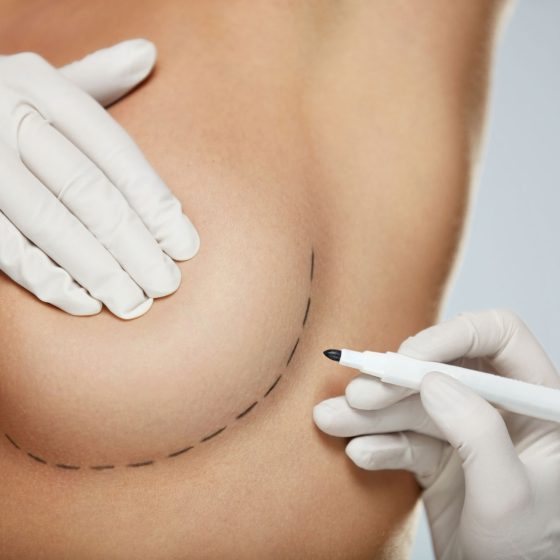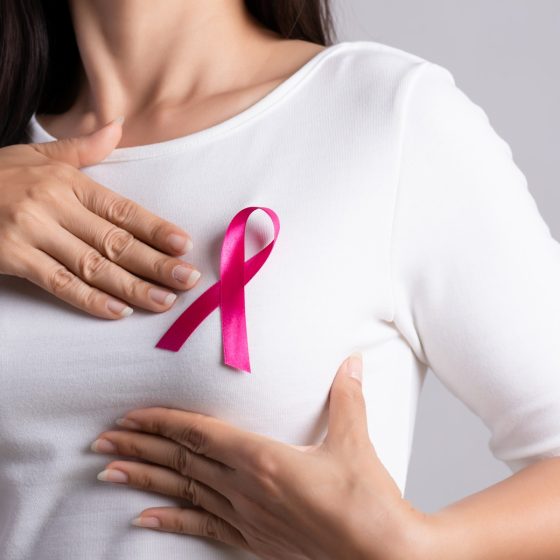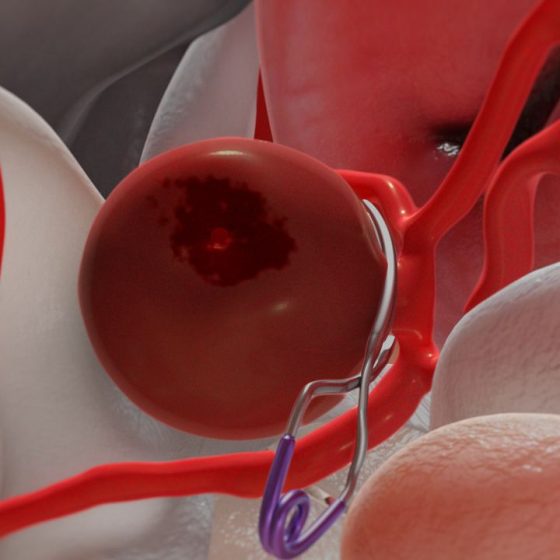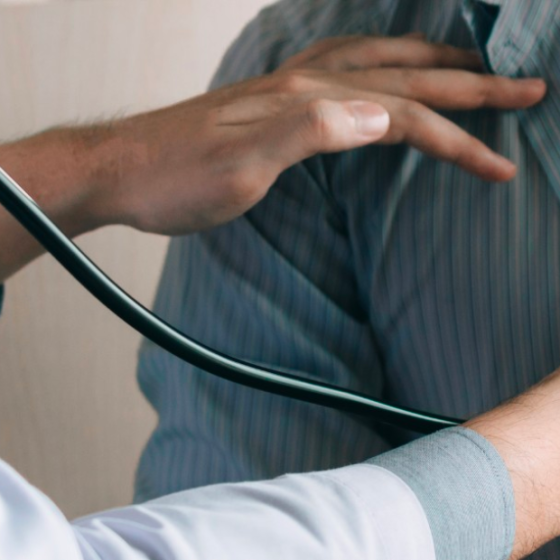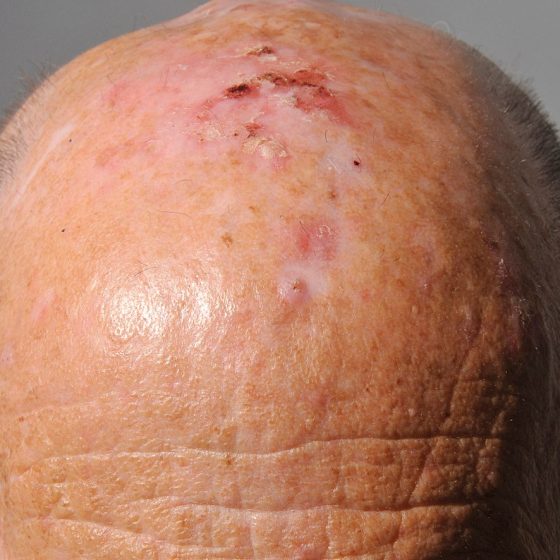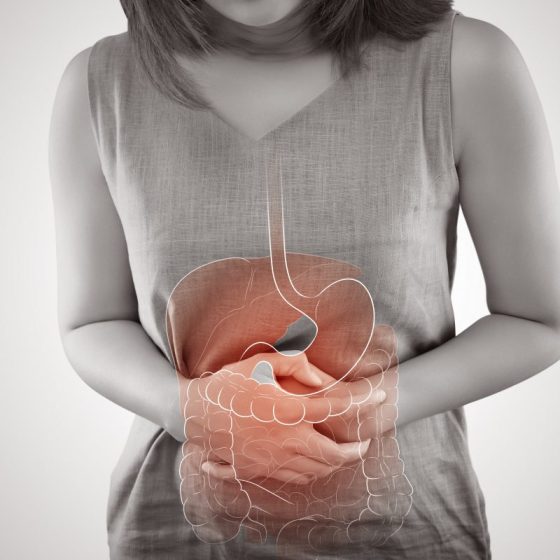Breast milk (expressing)
Expressing and storing breast milk What is expressing? Expressing is a way to get milk from your breasts when your baby is not breastfeeding. You can express milk by hand or with a pump. There are manual pumps and electric pumps available. Not everyone will need to express breast milk. Why would I need to express? Being able to express breast milk is useful in several situations. Such as if your baby has been born prematurely is unwell and is not able to breastfeed can’t attach and suck effectively is refusing the breast your breasts are very full and uncomfortable needs to be

